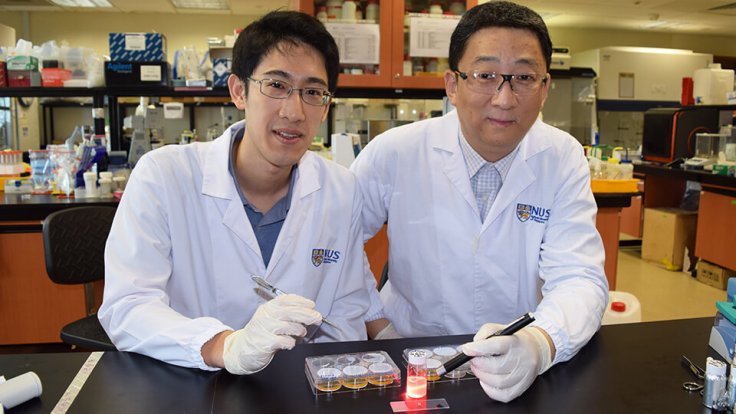
Combining an anti-angiogenesis agent, which blocks blood vessel formation, with an immunotherapy agent, has shown promising anti-tumour activity in an early phase clinical trial in patients with advanced kidney cancer who had not been previously treated, says a new study.
The findings of the study involving the combination of anti-angiogenesis agent -- axitinib (trade name Inlyta) - and the immunotherapy agent -- pembrolizumab (trade name Keytruda) - were published in the journal The Lancet Oncology.
The immunotherapy agent, pembrolizumab, is an immune checkpoint inhibitor that blocks a self-defence mechanism used by cancer cells to evade attack and destruction by the body's immune cells.
"Our results are unprecedented. The combination doubled the efficacy of the drugs when used alone and the treatment was found to be tolerable," said Michael Atkins of Georgetown University in Washington, DC, and principal investigator for the study.
"Specifically, over 90 per cent of patients exhibited tumour shrinkage and the disease was kept under control for a median of over 20 months," Atkins said.
The investigators started their phase-1 clinical trial of this combination in 2014 and enrolled 52 advanced renal cell carcinoma (the most common form of kidney cancer) patients who had not previously been treated for the disease.
With this new combination therapy, tumour shrinkage or stabilisation was better than that seen in patients taking just one of the two drugs alone, the researchers found.
Patients also had fewer liver abnormalities and less fatigue than those treated with other similar combination therapies, Atkins said.
"We think this combination could present a major advance in the treatment of this disease as well as help define effective combinations of similar drugs for other cancers," Atkins said.
Source: IANS









